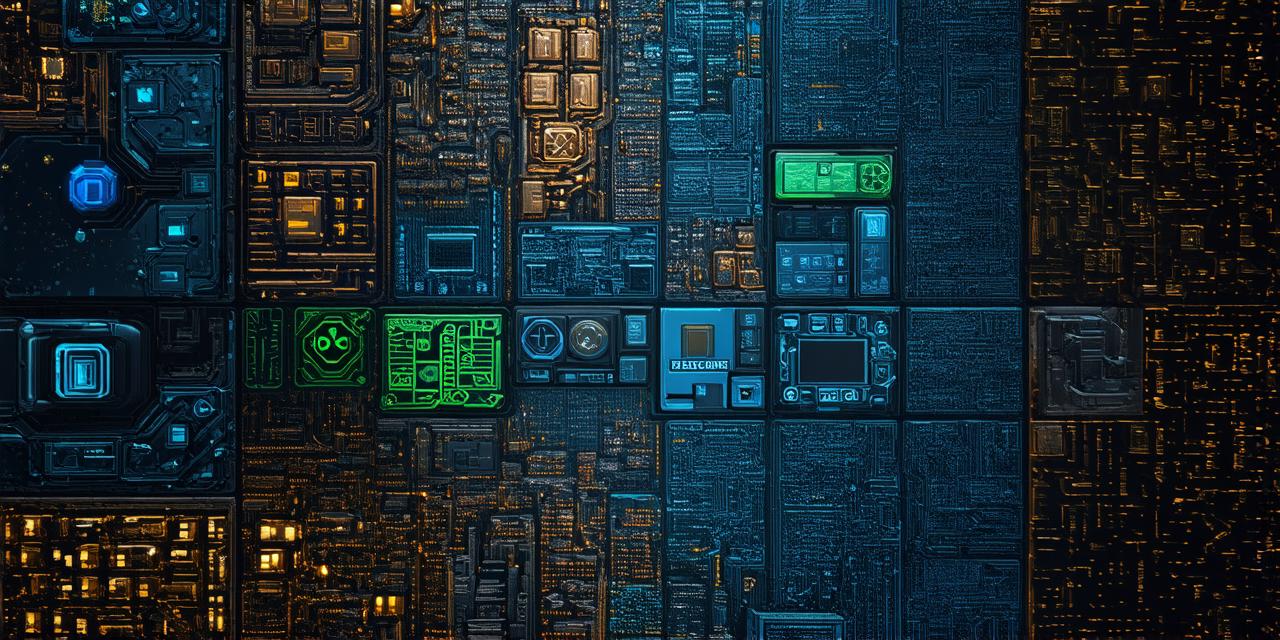Artificial Intelligence (AI) is revolutionizing the world we live in, and the game industry is no exception.
The integration of AI technology in game development has brought significant changes to the gaming experience, making it more immersive, realistic, and challenging than ever before. In this article, we will explore the impact of AI on game development, its benefits, and potential challenges.
AI in Game Development: What is it?
At its core, AI refers to a computer program that can perform tasks that typically require human intelligence, such as learning, problem-solving, decision-making, and perception. In the context of game development, AI can be used for a variety of purposes, including character behavior, enemy tactics, procedural generation, and player interaction.
The Benefits of AI in Game Development: A Closer Look
Character Behavior
AI-powered games can create more realistic and believable characters by using machine learning algorithms to analyze player behavior and adjust character actions accordingly. For example, an enemy that has been defeated multiple times may become more aggressive and use different tactics to defeat the player.
Enemy Tactics
AI can also be used to create more intelligent and adaptive enemies in games. By analyzing player behavior and patterns, AI-powered enemies can adjust their tactics to counter specific strategies or exploit weaknesses in the player’s approach.
Procedural Generation
AI can be used to generate procedurally generated content, such as levels, enemies, and items, based on player preferences and behavior. For example, a player who prefers to explore and discover new areas may encounter more diverse and unpredictable environments, while a player who likes to stick to familiar routes may encounter less complex and challenging terrain.
Player Interaction
AI can also be used to create more interactive and immersive player experiences. For example, an AI-powered game may use natural language processing (NLP) to analyze player speech and respond with appropriate dialogue or actions. This makes the game feel more realistic and creates a deeper connection between the player and the game world.
The Challenges of AI in Game Development: A Balancing Act
While AI offers numerous benefits for game development, it also presents some challenges that need to be addressed. One of the most significant challenges is ensuring that AI-powered games are not biased or discriminatory towards certain groups of players.
Another challenge is ensuring that AI-powered games are not too difficult or frustrating for players to overcome. While challenging gameplay can be engaging, excessive difficulty can lead to player frustration and ultimately result in lower retention rates. To address this issue, developers need to strike a balance between creating challenging gameplay experiences and providing players with the tools they need to succeed.
The Future of AI in Game Development: A Look Ahead
Despite the challenges, the integration of AI technology in game development is set to continue to grow and evolve. As machine learning algorithms become more sophisticated and efficient, developers will be able to create even more dynamic and engaging gameplay experiences that are tailored to each player’s preferences and skill level.
However, it is important for developers to approach the integration of AI in game development with caution and consideration for the potential impacts on players. By working together to address these challenges and explore new possibilities, the gaming industry can harness the power of AI to create truly immersive, challenging, and personalized experiences that will keep players coming back for more.
Summary
The impact of AI on game development is undeniable, with the potential to revolutionize the way we play and experience games. By using machine learning algorithms to create dynamic and engaging gameplay experiences, developers can create games that are more challenging, immersive, and personalized than ever before. However, it is important for developers to approach the integration of AI in game development with caution and consideration for the potential impacts on players. With careful planning and execution, the gaming industry can harness the power of AI to create truly innovative and transformative games that will captivate audiences for years to come.
